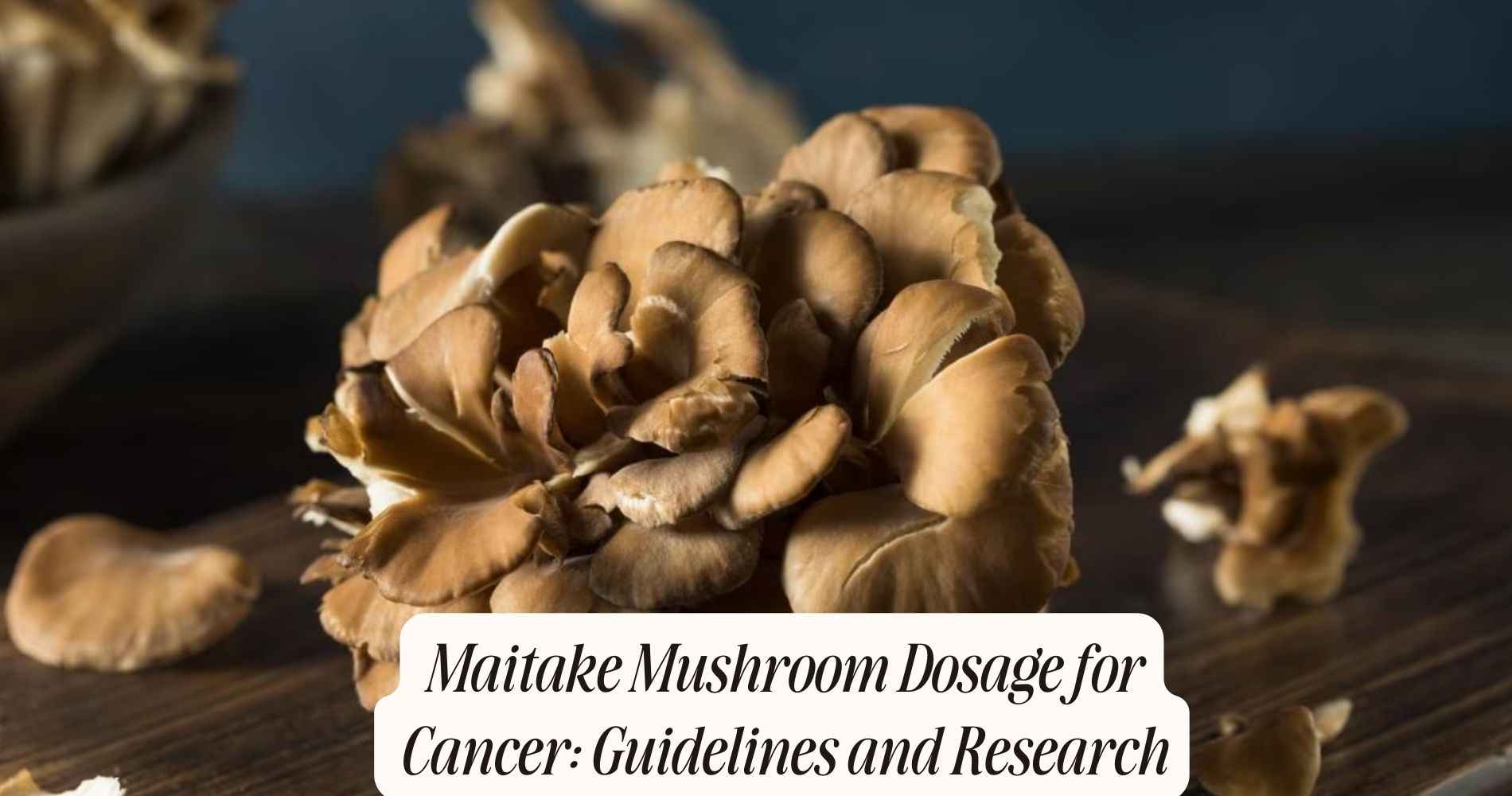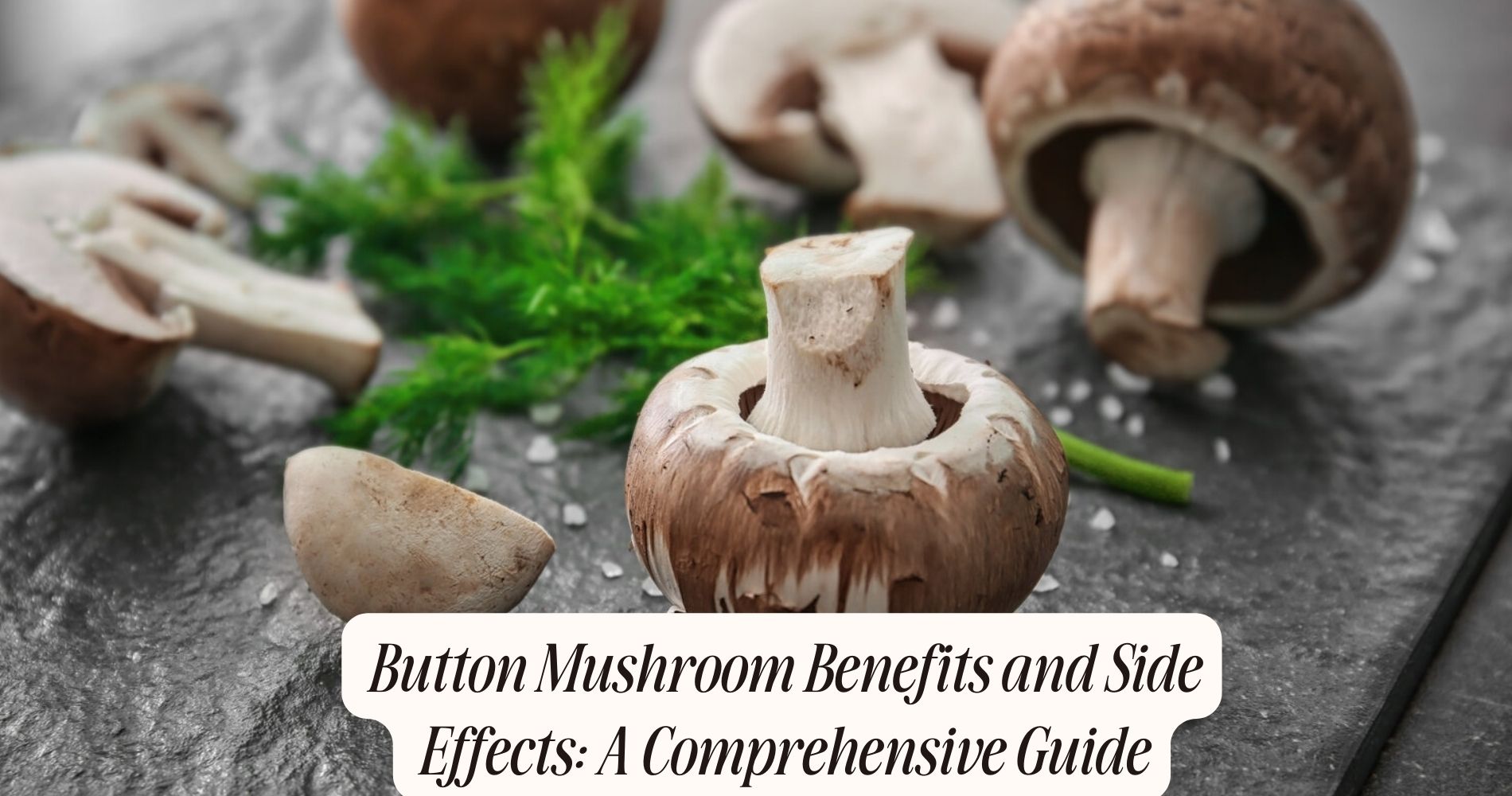
Maitake Mushroom Dosage for Cancer: Guidelines and Research
When considering maitake mushroom dosage for cancer, it is advisable to start with a standardized extract of Maitake mushrooms that contains 25-30% beta-glucans. The recommended daily dosage ranges from 1 to 3 grams, ideally divided into smaller doses throughout the day to maintain consistent effectiveness. The beta-glucans present in Maitake mushrooms are known for their ability to enhance immune responses and potentially inhibit tumor growth.
Clinical studies have shown that cancer patients who supplement with Maitake experience improved immune function and an enhanced quality of life, especially when used alongside chemotherapy. Always consult with your healthcare provider before starting any new supplement to ensure it is appropriate for your overall treatment plan. Explore further to understand how Maitake mushrooms could be integrated into your cancer therapy approach.
Understanding Maitake Mushrooms
Maitake mushrooms, scientifically known as Grifola frondosa, have garnered significant attention in oncology research due to their potential therapeutic effects. Understanding their medicinal history and culinary uses provides a foundation for comprehending their broader health implications.
Maitake mushrooms have a long medicinal history, particularly in traditional Chinese and Japanese medicine, where they've been used for centuries to enhance vitality and support overall health. These mushrooms are rich in bioactive compounds, which have been attributed to various health benefits, including immune system modulation and anti-inflammatory properties. Studies suggest that these attributes may contribute to their potential role in cancer therapy.

From a culinary perspective, maitake mushrooms are highly valued for their rich, earthy flavor and meaty texture. They're a versatile ingredient in many dishes, ranging from soups and stir-fries to grilled and roasted preparations. Their culinary uses not only make them a favorite among chefs but also provide an accessible way for individuals to incorporate their potential health benefits into their diet.
Cancer-Fighting Components
The cancer-fighting components in Maitake mushrooms primarily include polysaccharides, such as beta-glucans, which have demonstrated significant immunomodulatory and anti-tumor activities in clinical studies.
Beta-glucans' potency lies in their ability to enhance your immune system's response. They do this by activating various immune cells, including macrophages, T-cells, and natural killer (NK) cells, which play critical roles in identifying and destroying cancer cells.
Research has shown that beta-glucans can modulate immune function by binding to receptors on the surface of immune cells, thereby stimulating a cascade of cellular responses. This immune modulation induces the production of cytokines and other signaling molecules that help in orchestrating a more efficient anti-tumor response.
Additionally, beta-glucans have been observed to inhibit angiogenesis—the process by which new blood vessels form to supply nutrients to tumors—thereby starving cancer cells of essential nutrients.
Clinical studies have provided evidence supporting the role of these polysaccharides in reducing tumor growth and enhancing the efficacy of conventional cancer treatments.
Recommended Dosages
When determining the appropriate dosage of Maitake mushroom for cancer treatment, clinical evidence suggests starting with a standardized extract containing 25-30% beta-glucans. Typically, a daily dosage of 1-3 grams of this extract is recommended. This range is based on the concentration of active components that have shown immunomodulatory effects in various studies.
In traditional medicine, Maitake mushrooms have been used for centuries, often consumed in significant amounts as part of daily diets. However, when you're using Maitake for its therapeutic benefits, especially in cancer treatment, the concentrated extracts provide a more consistent and potent dose of beta-glucans compared to the mushrooms' culinary uses.

To optimize the potential anti-cancer benefits, you should consider dividing the daily dosage into two or three smaller doses. This approach helps maintain a steady level of active compounds in your bloodstream.
Always consult with your healthcare provider before beginning any new treatment regimen, particularly when integrating traditional medicine into modern therapeutic protocols. They can help tailor the dosage to your specific needs and monitor for any possible interactions with other medications you might be taking.
Expert Opinions and Advice
Experts stress the importance of consulting with a healthcare provider before incorporating Maitake mushroom supplements into a cancer treatment regimen. This ensures that any potential interactions with existing treatments are carefully managed.
While Maitake mushrooms have traditional uses in Eastern medicine and are popular in culinary applications for their rich flavor and texture, their role in cancer therapy requires a more detailed understanding.
Oncologists and integrative medicine specialists often highlight the need for evidence-based approaches when considering Maitake mushrooms. They point out that while some studies suggest positive effects, including immune system modulation and potential anti-tumor properties, the research isn't yet thorough enough to establish standardized dosages. Hence, individual assessments are important.

You should discuss with your healthcare provider the specific type of Maitake supplement, its dosage, and the form of administration that best suits your treatment plan. Experts also recommend monitoring for any side effects or interactions with standard cancer therapies.
Given the complexity of cancer treatment, incorporating any supplement should be a collaborative decision between you and your medical team, ensuring that it aligns with your overall treatment strategy and health goals.
Frequently Asked Questions
Are There Any Known Side Effects of Taking Maitake Mushrooms?
Yes, you might experience mild side effects like nausea or digestive discomfort. However, maitake mushrooms are generally well-tolerated and can support immune health and digestive health when taken in appropriate amounts. Always consult a healthcare professional.
Can Maitake Mushrooms Be Used Alongside Conventional Cancer Treatments?
Yes, you can use maitake mushrooms alongside conventional cancer treatments. Clinical trials suggest they offer immune support. However, always consult your oncologist to confirm it's safe and won't interfere with your treatment plan.
How Should Maitake Mushrooms Be Stored for Maximum Potency?
To maintain maximum potency, you should store maitake mushrooms at a cool storage temperature, ideally between 32-35°F. Guarantee proper humidity control, keeping levels around 90-95% to prevent drying out while avoiding excess moisture.
Are There Any Interactions Between Maitake Mushrooms and Other Medications?
Yes, maitake mushrooms can interact with medications. They might enhance your immune response, potentially altering medication absorption. Always consult your healthcare provider to avoid adverse effects and guarantee safe integration with your treatment plan.
What Forms of Maitake Mushroom Supplements Are Available on the Market?
You can find maitake mushroom supplements on the market in capsule form and as a liquid extract. These forms guarantee precise dosing and bioavailability, making them suitable for various therapeutic applications based on clinical evidence.
Conclusion
In understanding maitake mushrooms' cancer-fighting potential, it's crucial to follow evidence-based dosage guidelines. Clinical studies suggest beneficial outcomes, but you should always consult with your healthcare provider before starting any new supplement.
Experts emphasize that while maitake mushrooms show promise, they shouldn't replace conventional treatments. Stay informed, adhere to professional advice, and consider maitake mushrooms as a complementary approach within a complete cancer care plan.




